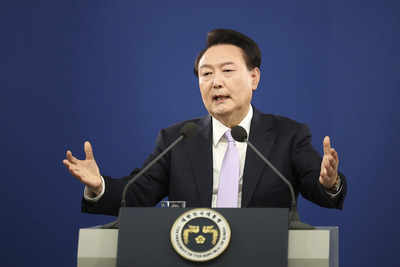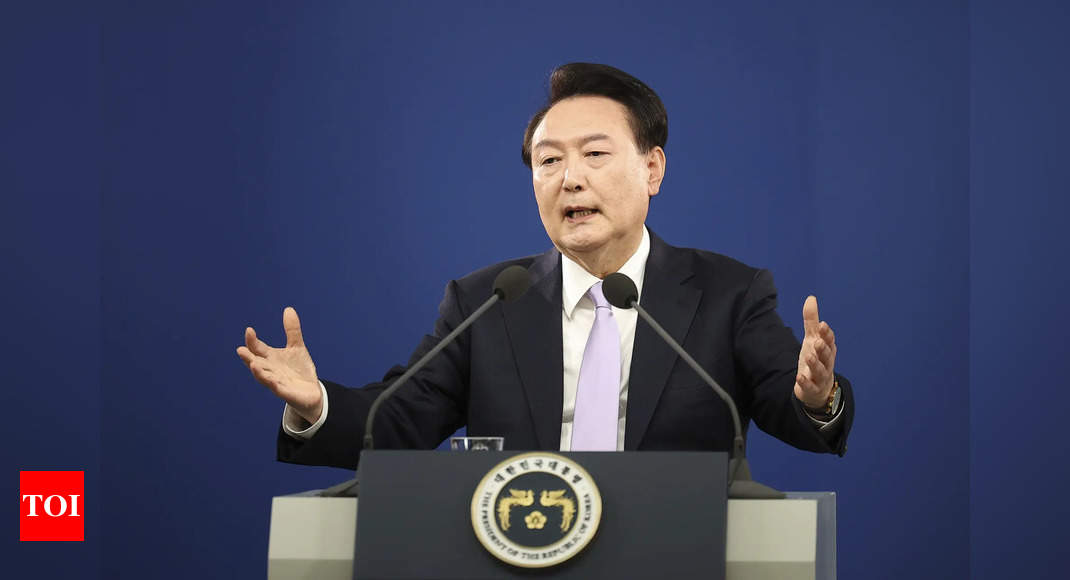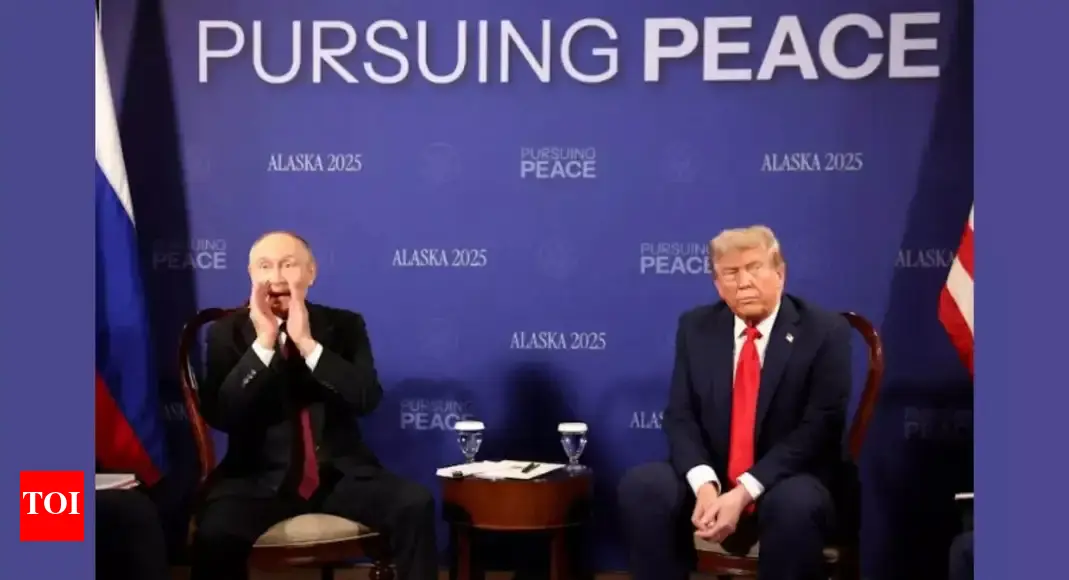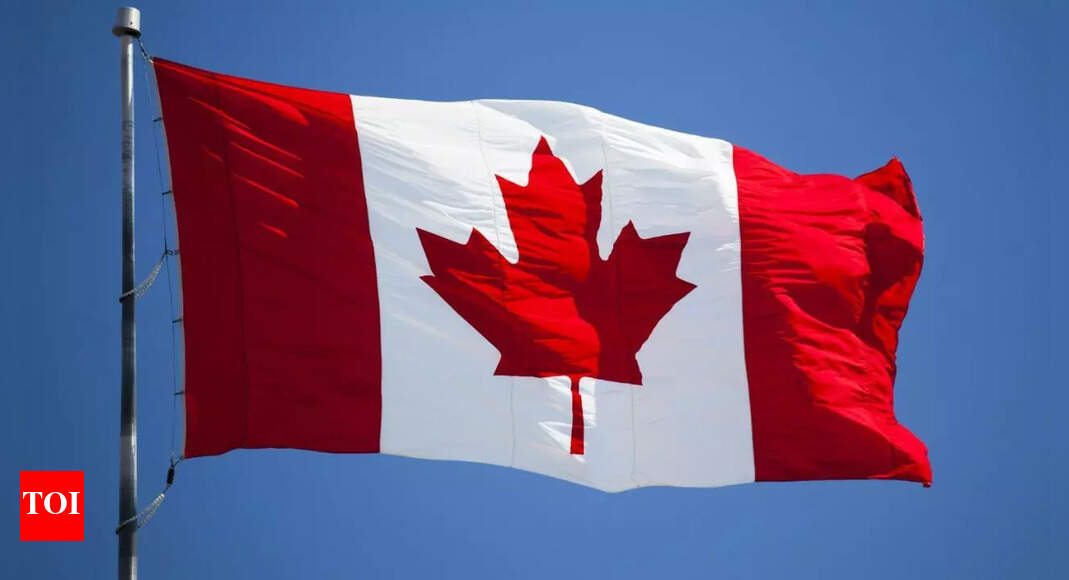
South Korean President Yoon Suk Yeol declared “emergency martial law” on Tuesday, accusing opposition parties of crippling governance, sympathizing with North Korea, and undermining the nation’s constitutional order.
The announcement, made during a televised address, marks a dramatic escalation in the country’s political tensions.
“To safeguard a liberal South Korea from the threats posed by North Korea’s communist forces and to eliminate anti-state elements… I hereby declare emergency martial law,” Yoon said.
He called the measure necessary to protect the nation’s free and constitutional order.
The declaration follows intense disputes between Yoon’s People Power Party and the opposition Democratic Party over next year’s budget. Opposition MPs, who hold a majority in the 300-member parliament, recently approved a downsized budget proposal, which Yoon criticized for cutting key funding. “Our National Assembly has become a haven for criminals, a den of legislative dictatorship that seeks to paralyze the judicial and administrative systems and overturn our liberal democratic order,” he said.
Yoon accused the opposition of slashing budgets essential for combating drug crimes and maintaining public security, turning the country into “a drug haven and a state of public safety chaos.”
He also labeled opposition lawmakers as “anti-state forces intent on overthrowing the regime” and defended his decision as “inevitable.”
“With no regard for the livelihoods of the people, the opposition party has paralyzed governance solely for the sake of impeachments, special investigations, and shielding their leader from justice,” Yoon added.
Specific measures under martial law were not disclosed, leaving questions about its implementation.
Yoon, who has faced resistance from the opposition-controlled National Assembly since taking office in May 2022, asserted that the step was essential to restore order and protect South Korea’s freedoms. “I will restore the country to normalcy by getting rid of anti-state forces as soon as possible,” he said.
Opposition leader Lee Jae-myung strongly condemned the move
“Tanks, armored personnel carriers, and soldiers with guns and knives will rule the country,” Lee said in an online livestream. “The economy of the Republic of Korea will collapse irretrievably. My fellow citizens, please come to the National Assembly.”
Earlier opposition allegations sparked controversy
The announcement comes months after the liberal opposition, led by the Democratic Party of Korea, accused Yoon of plotting to impose martial law to sidestep impeachment over alleged abuse of power. Opposition leader Lee Jae-myung had warned that martial law could lead to “a perfect dictatorship,” pointing to historical precedents of its misuse.
In response, Yoon’s office had dismissed these allegations as “fabricated propaganda” and had accused the opposition of spreading falsehoods to manipulate public opinion. Prime Minister Han Duck-soo had also refuted the claims, emphasizing that South Koreans would not accept such a move.
Heightened tensions
The strained relationship between Yoon and the opposition reached a breaking point earlier when Yoon became the first president since 1987 to skip the opening ceremony of a new parliamentary term. His office cited ongoing parliamentary probes and impeachment threats as the reason for his absence.
Opposition lawmakers claim that Yoon had undermined democratic processes by using his veto power against parliamentary bills and appointing loyalists to key military positions, fueling speculation about his intentions.
Political polarization
The martial law declaration has further polarized South Korea’s political landscape. Experts warn that the deepening divide could erode public trust in democratic institutions.
“This confrontation has turned into a political war,” said Choi Jin, head of the Institute for Presidential Leadership. “It’s an all-or-nothing battle that benefits no one.”
Jhee Byong-kuen, a political science professor at Chosun University, criticized Yoon’s uncompromising leadership style, saying it exacerbates polarization and public disillusionment.




